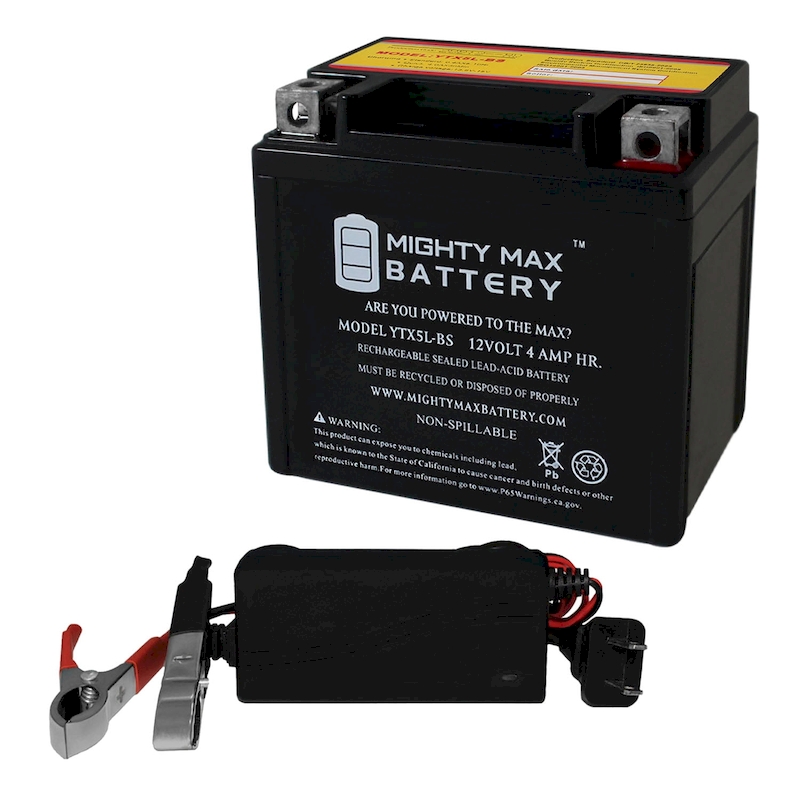As more people become environmentally conscious, recycling has become vital to our daily lives. Among the various items that require sustainable disposal, car batteries stand out due to their hazardous components. Lead-acid car batteries, commonly found in vehicles, contain lead and sulfuric acid, which are detrimental to the environment if not disposed of properly. It’s imperative to know where to recycle car batteries, as negligence can lead to severe environmental consequences. Recycling not only prevents pollution but also conserves resources by recovering valuable materials. This article aims to provide a thorough exploration of the best practices and locations for recycling car batteries, emphasizing the importance of responsible disposal for both individuals and communities.

Understanding the Importance of Recycling Car Batteries
Recycling car batteries is not just a recommendation; it’s a necessity. The components of a typical automobile battery are harmful to the environment and public health if they leach into the soil or water systems. Lead can contaminate drinking water and cause serious health concerns, particularly for children. Furthermore, the sulfuric acid within these batteries can lead to catastrophic environmental degradation. Therefore, knowing where to recycle car batteries can play a substantial role in minimizing these risks.
Additionally, recycling helps conserve natural resources. For every car battery recycled, companies can recover up to 85% of its materials, including lead, plastic, and sulfuric acid, which can be reused to manufacture new batteries. This recycling process not only reduces the need for extracting raw materials but also lowers energy consumption associated with battery production.
In the United States, regulations mandate the recycling of lead-acid batteries. Battery manufacturers and retailers often have programs in place to promote recycling, acknowledging its critical role in sustainable practices. Local governments also support these initiatives, making it easier for consumers to participate in proper disposal methods.
Finding Local Recycling Centers
One of the first steps in responsible battery disposal is identifying local recycling centers. Many communities have designated facilities that accept car batteries. Here are some essential places to consider:
Local Auto Parts Stores:
Many auto parts stores offer battery recycling services, often incentivizing returns with discounts on new batteries. Checking with chains like AutoZone, O’Reilly Auto Parts, or Napa Auto Parts can yield immediate options for safe disposal.
Municipal Waste Management Facilities:
Many cities and towns have facilities that manage hazardous waste, including car batteries. Contact your local waste management office to learn about the nearest locations and their specific recycling policies.
Landfills with Hazardous Waste Programs:
Some landfills accept car batteries through designated hazardous waste programs. It’s crucial to confirm their guidelines since these programs vary widely.
Automotive Dealerships:
Many dealerships accept old batteries during new battery purchases. Not only does this support recycling, but it also ensures you get the correct disposal. Be sure to inquire about these services when purchasing a vehicle or replacing a battery.
Community Recycling Events:
Keep an eye out for local events focused on environmental sustainability. Many organizations host periodic recycling drives specifically for car batteries, providing a convenient option for responsible disposal.
Preparing Car Batteries for Recycling
Before heading to a recycling center, ensuring that your car batteries are prepared properly is essential. Here’s a step-by-step guide:
Protect Yourself:
Always wear gloves and eye protection when handling car batteries. The sulfuric acid inside can cause severe injury if it comes in contact with skin or eyes.
Secure the Battery:
If the battery is still in your vehicle, ensure that it is disconnected safely. Remove any corrosion and clean the terminals before transportation to minimize spillage risks.
Package Properly:
If you’re transporting multiple batteries or one that is leaking, make sure to wrap it securely in a plastic bag or container to prevent damage and leakage. This is especially crucial if you’re traveling a longer distance.
Keep Batteries Upright:
When loading batteries into your vehicle for transportation, always keep them in an upright position. This will help prevent leaks and spills during transit.
Record the Time of Disposal:
Keep a note of when and where you recycled your battery for your records. This can be useful for future reference and ensures that you are keeping track of your waste disposal habits.

Environmental Benefits of Recycling Car Batteries
Recycling car batteries yields numerous environmental advantages. As mentioned earlier, recovering lead and sulfuric acid prevents hazardous materials from entering landfills, which can pollute local ecosystems. Additionally, the recycling process is significantly less energy-intensive compared to manufacturing new batteries from raw materials.
Here are some of the key environmental benefits:
Reducing Pollution:
Proper battery recycling reduces the risk of hazardous chemicals leaching into the ground. This protects local soil and water resources from contamination, which is vital for both biodiversity and human health.
Conserving Energy:
Manufacturing a new lead-acid battery from recycled materials consumes less energy compared to producing one from raw materials. This energy conservation contributes to lower greenhouse gas emissions and reduced overall environmental impact.
Promoting Circular Economy:
Recycling car batteries supports a circular economy, where materials are reused and resource extraction is minimized. This shift is crucial in creating sustainable communities and reducing reliance on finite natural resources.
Supporting Local Economies:
Increased recycling activities can lead to job creation in local recycling plants and eco-friendly businesses. Supporting these industries contributes to economic growth while also fostering environmentally responsible practices.
What Happens to Recycled Car Batteries?
Understanding what happens after recycling can aid in demystifying the process and highlighting its significance. The proper recycling process of a car battery typically includes:
Collection and Transportation:
Once a battery is handed over to a recycling facility, it is carefully transported. This process includes protocols to ensure safety and compliance with environmental regulations.
Sorting:
At the recycling facility, the batteries are sorted based on type and condition. This classification ensures that each battery is processed correctly to maximize material recovery.
Crushing and Separation:
The battery is crushed, and its components are separated. This process recovers lead, plastic, and sulfuric acid.
Lead Recovery:
The lead is processed and refined for future use in new batteries or other products. Approximately 80-90% of the lead in a car battery can be reclaimable, making it a valuable resource for manufacturers.
Acid Neutralization:
The sulfuric acid obtained from used batteries is neutralized before being safely discharged into the environment or repurposed for industrial use.
Plastic Recycling:
The plastic casings of batteries can also be recycled. High-density polyethylene (HDPE) is often collected, cleaned, and converted into new products, reducing plastic waste and the need for new plastic production.

Conclusion: Taking Action in Battery Recycling
As we collectively face the challenges of environmental degradation and resource depletion, recycling is a crucial action everyone can take. Knowing where to recycle car batteries not only helps mitigate environmental risks but also contributes to a larger movement towards sustainability. Many options exist at the local level, from auto parts stores to municipal waste facilities. By seeking out and utilizing these resources, individuals can responsibly dispose of their car batteries and ensure they’re transformed into valuable materials.
Participating in battery recycling isn’t just about fulfilling a legal responsibility; it’s about taking personal accountability for our impact on the planet. Each battery recycled represents a step toward cleaner soil, cleaner water, and a healthier ecosystem. Education and awareness are key, and sharing this knowledge with friends and family can amplify its positive impact.
So, the next time you replace your car battery, remember that knowing where to recycle car batteries is essential for the future of our planet. Make a conscious effort to engage in recycling practices, and be a part of the solution to creating a sustainable world. Together, we can ensure that we protect our environment and utilize our resources wisely.

